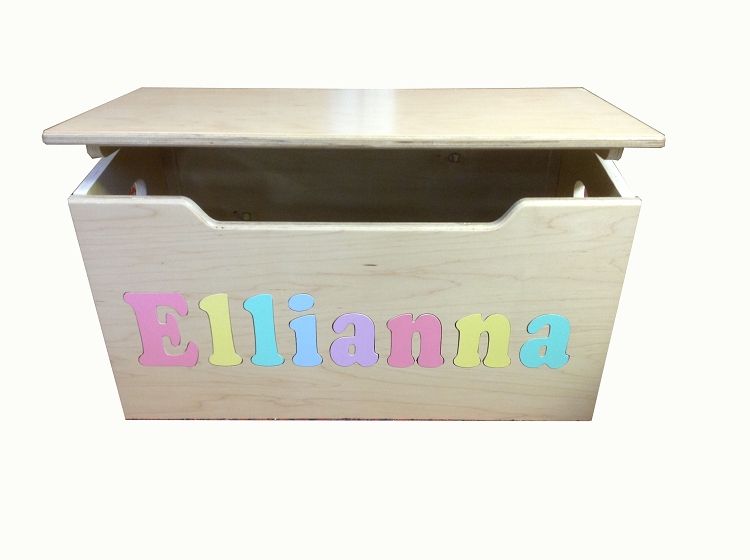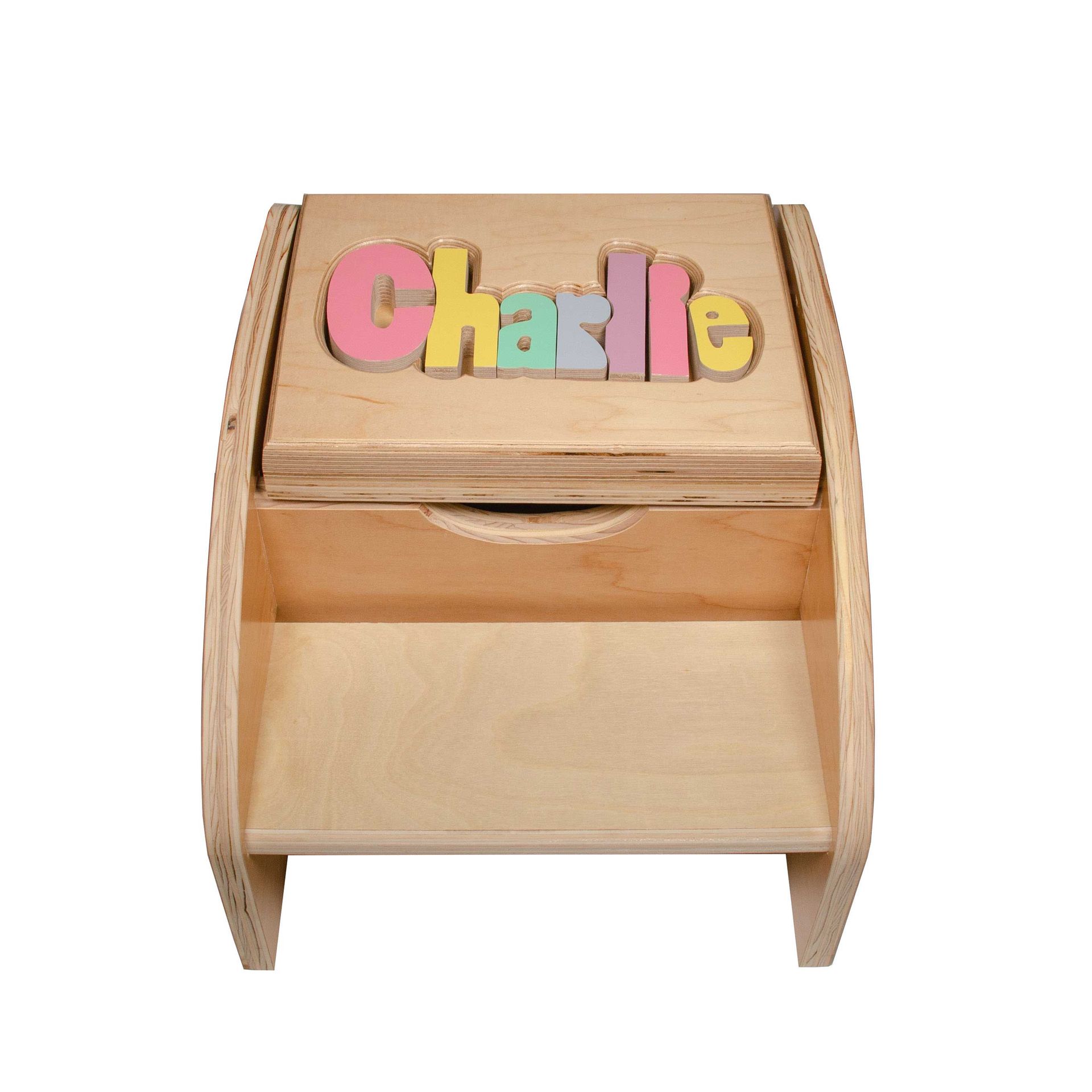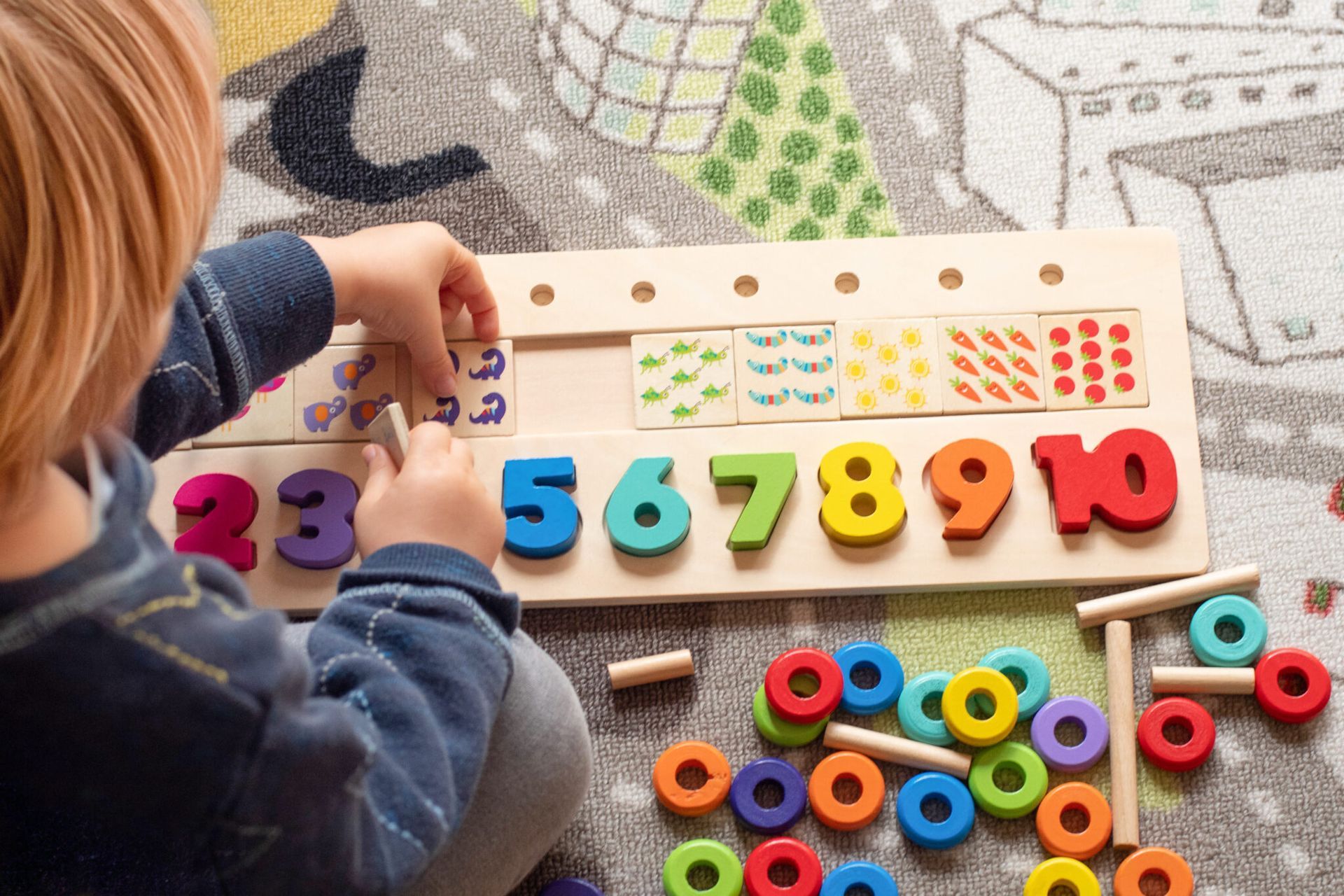The Importance of Chores for Toddlers
Toddlers may not be able to read or write, but as they develop fine and gross motor skills they’re certainly able to help with age-appropriate chores around the house. In fact, learning that chores are important is even more beneficial than the help your toddlers offer — it’s called prosocial skill-building:
If you’ve been holding off on letting your toddler help around the house because you’re worried they’re not ready, there’s good news. With the right approach, your little ones can become quite helpful!
How to get started teaching chores to toddlers
Start small! Remember: This is all about teaching them the importance of helping others. Find what they’re interested in and go from there. Do they like to join you in the kitchen? Are they always around in the laundry room? Have they hung around when you’re tidying up their playroom? Pay close attention and use those indicators to your advantage when you think about the next steps:
Work with your toddler’s skills
You know all that throwing, pulling, and pushing your toddler does? Those skills can come in handy during chore time. There’s no doubt your child can pull toys off the shelf, so let them pull clean laundry out of the dryer. Okay, so it’s not “doing laundry” but it will help build a foundation. If your little one is having a hard time reaching into the dryer to get everything, place a custom wooden stool next to the laundry machine.
Boost cognitive skills with chores
Cognitive skills like sorting can help boost hand-eye coordination and brain development, and parents can tap into this when choosing which chores are best. Have your toddler organize shoes in the front coat closet, hang up clothes in their closet grouped by type, or pair socks together when folding laundry.

Match motor skills with chore choices
While school-age kids could very well handle folding laundry, most toddlers can’t really help with a chore that requires such advanced motor skills. However, they could put items back on appropriate shelves, fold hand towels, and sort toys into bins and toy chests. One way to make this chore even more engaging is by placing a large, durable toy box chest personalized with your toddler’s name in their room.
Know what to expect
By trying different chores with your toddlers, you can know what to expect from their age and skill level. Then, it’s time to manage our own expectations as parents and caregivers. “Folding laundry” looks much different to a 2-year-old than it does to you, so try not to get frustrated if your towels look much better than theirs. Another reminder that teaching chores early on is about developing the skill of helping others.
Reset your standards
As you increase the level and number of chores your kids will do, and as they grow older, you’ll likely ask them to help out even more. This means that your standard of a “tidy house” may need to be changed (and even lowered) based on the outcome of their work. Things may be a little less organized, a little sloppier, and even take a bit more time — and that’s okay! Self-sufficiency is the goal here.

Don’t think you have to correct them immediately
Sure, you want them to know how to get the chore done the right way, but don’t feel like you need to intervene and do it yourself. If you micromanage chores, toddlers may think they didn’t “do it right” and lose confidence. When a chore isn’t quite right the first time, use it as a teaching moment to explain why and let them keep working on it themselves. This way they’ll take pride in their hard work.
Give them the tools they need to help
Beyond motor skills and cognitive development, your toddler is simply too small to do many of the chores that you can. Stools with two steps can be used all over the house — laundry rooms, kitchens, bathrooms, playrooms. They offer storage for any tools your toddler needs to complete chores and will grow along with your child (and their chore list). When toddlers see their names, it will add something special to chore time.
Remember that toddlers are more capable than you think when it comes to helping around the house! Introducing chores at an early age can help them grow into empathetic, helpful kids who can take on more as they grow and contribute more around the house.
The post The Importance of Chores for Toddlers appeared first on Hollow Woodworks.




